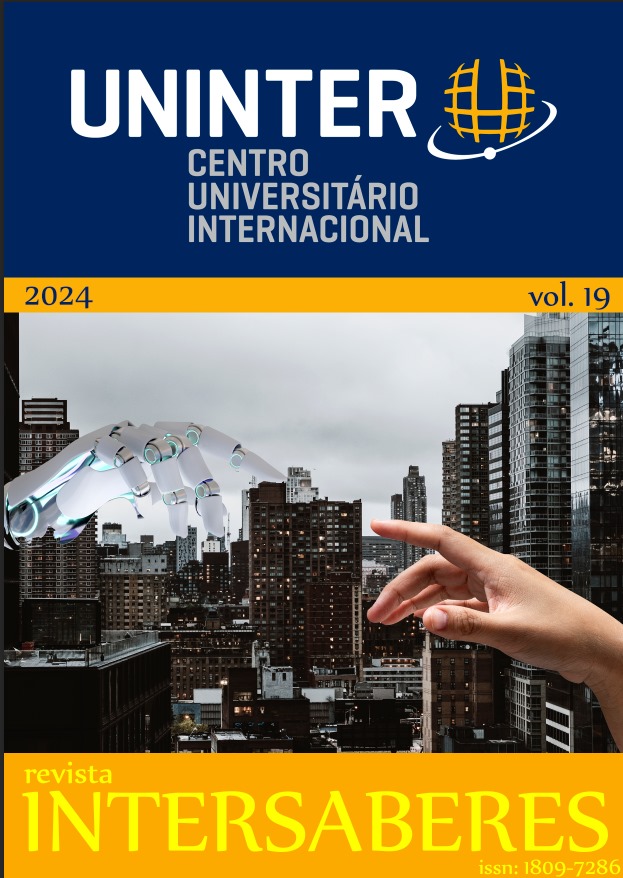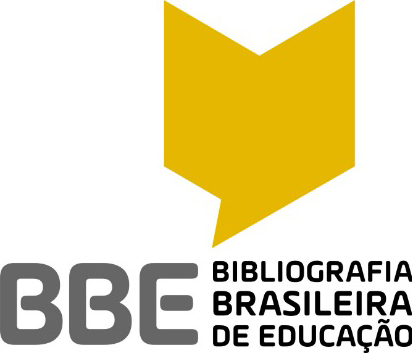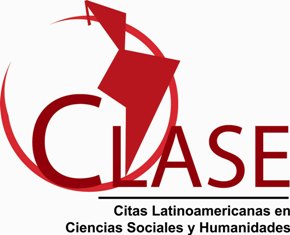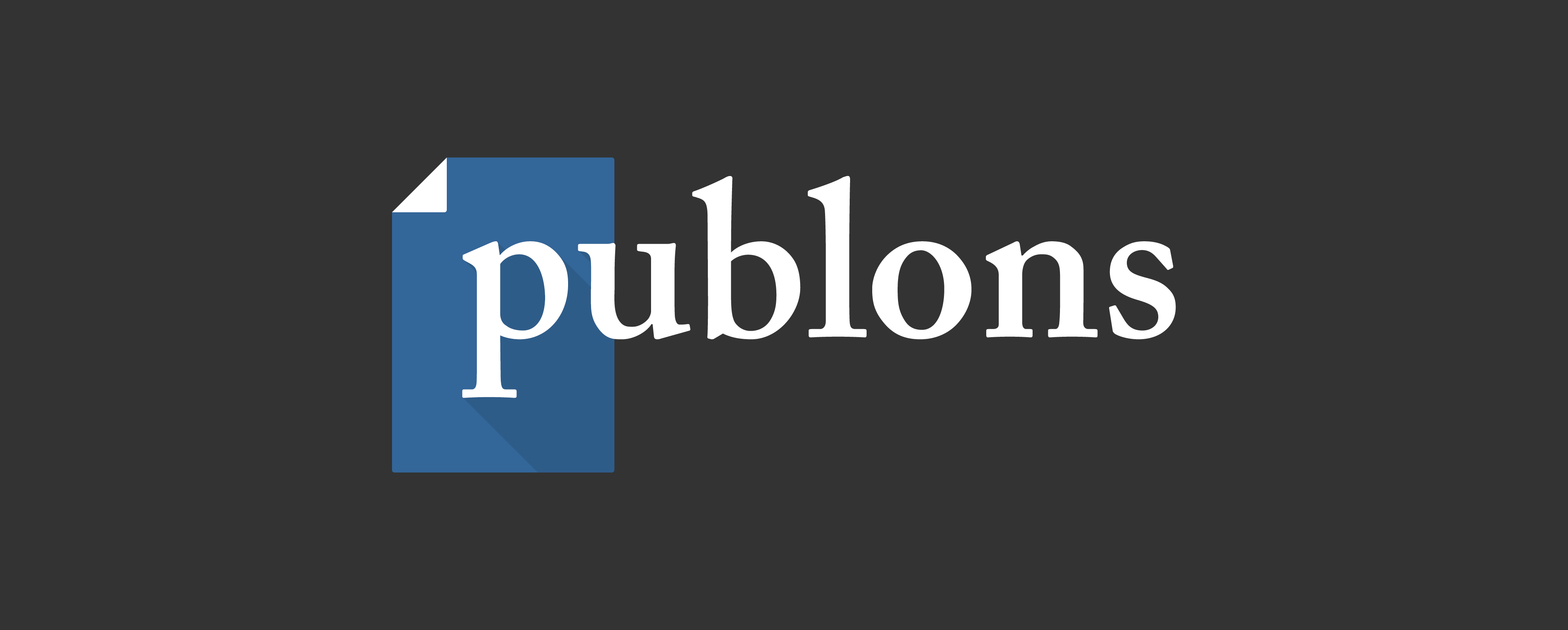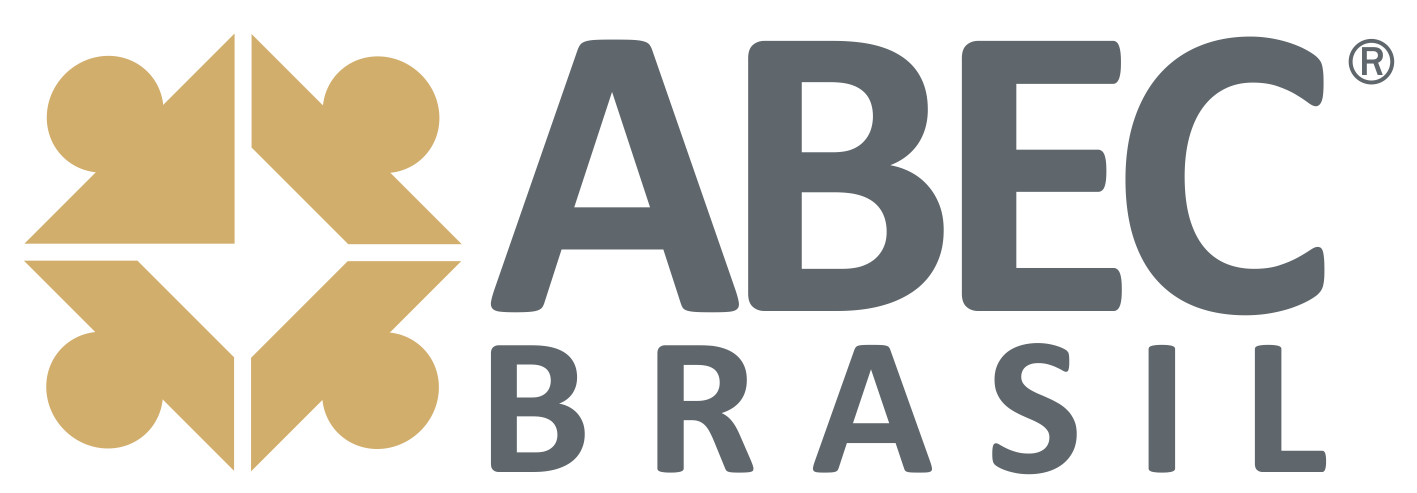Discussing the potentials of human writing in colaboration with artificial intelligence
DOI:
https://doi.org/10.22169/revint.v19.e24do3005Keywords:
Artificial Intelligence, Text Production, Collaborative WritingAbstract
The rise of AI has raised concerns about texts generated by this technology. Given this, this article explores the collaborative creation of text between humans and AI, discussing limitations, potential and ethical implications. Qualitative research was carried out using generative AI tools. The methodology included data generation, qualitative analysis of texts and interpretation of results. The study focused on comparing authorship, linguistic differences between AI and human-generated texts, and collaboration with AI. The results showed a tendency towards simplification in writing by AI, resulting in leaner texts and less academic language. AI proves to be an effective auxiliary instrument in human production.
Downloads
References
AHSAN, K.; AKBAR, S. KAM, B. Contract cheating in higher education: A systematic literature review and future research agenda. Assessment & Evaluation in Higher Education, v. 47, n. 4, p. 523–539, 2022. DOI: https://doi.org/10.1080/02602938.2021.1931660. Disponível em: https://researchrepository.rmit.edu.au/esploro/outputs/9922151804301341?institution=61RMIT_INST&skipUsageReporting=true&recordUsage=false. Acesso em 13 fev. 2024.
BRASIL. Lei n.º 9.610, de 19 de fevereiro de 1998. Altera, atualiza e consolida a legislação sobre direitos autorais e dá outras providências. Brasília: Presidência da República, 1998. Disponível em: https://www.planalto.gov.br/ccivil_03/leis/l9610.htm. Acesso em: 17 fev. 2024.
DUQUE-PEREIRA, I. S.; MOURA, S. A. Compreendendo a inteligência artificial gerativa na perspectiva da linguagem. SciELO Preprints, 2023. DOI: 10.1590/SciELOPreprints.7077. Disponível em: https://preprints.scielo.org/index.php/scielo/preprint/view/7077. Acesso em: 15 fev. 2024.
GARDNER, H. Abordagens múltiplas à inteligência. In: ILLERIS, K. (Org.). Teorias contemporâneas da aprendizagem. Tradução: Ronaldo Cataldo Costa. Porto Alegre: Penso, 2013.
GILHAM, J. AI vs human content detection score meaning. Originality.ai. [S. l.], 2024. Disponível em: https://originality.ai/blog/ai-content-detection-score-google. Acesso em: 15 fev. 2024.
KAUFMAN, D. Deep learning: a Inteligência Artificial que domina a vida do século XXI. Teccogs: revista digital de tecnologias cognitivas. São Paulo, n. 17, p. 17-30, 2018. Disponível em: https://revistas.pucsp.br/teccogs/article/view/48585. Acesso em: 15 fev. 2024.
KAUFMAN, D.; SANTAELLA, L. O papel dos algoritmos de inteligência artificial nas redes sociais. Revista FAMECOS, [S. l.], v. 27, p. e34074, 2020. DOI: 10.15448/1980-3729.2020.1.34074. Disponível em: https://revistaseletronicas.pucrs.br/ojs/index.php/revistafamecos/article/view/34074. Acesso em: 12 mar. 2024.
LANA, P. P. A questão da autoria em obras produzidas por inteligência artificial. Estudos Doutoramento & Mestrado, n. 10, Coimbra: Instituto Jurídico da FDUC, 2019. Disponível em: https://papers.ssrn.com/sol3/papers.cfm?abstract_id=3508834. Acesso em: 10 fev. 2024.
MARTI, P. Detectores de IA: ¿Se puede saber si un texto está escrito por la IA? Raona. 2023. Disponível em: https://www.raona.com/detectores-ia/. Acesso em 10 fev 2024.
MORDUCHOWICZ, R. La inteligencia artificial ¿Necesitamos una nueva educación? Paris: Unesco, 2023. Disponível em: https://unesdoc.unesco.org/ark:/48223/pf0000386262. Acesso em: 17 fev. 2024.
OPENAI. (2024). ChatGPT (2024) [capacidade em escrever semelhante ao humano e como isso acontece]. Disponível em: https://chat.openai.com/chat. Acesso em: 13 fev. 2024.
SANTAELLA, L. IA generativa e o perfil semiótico-cognitivo do leitor iterativo. Sociotramas. [S. l.], 02 jan. 2024. Disponível em: https://sociotramas.wordpress.com/2024/01/02/ia-generativa-e-o-perfil-semiotico-cognitivo-do-leitor-iterativo/. Acesso em: 27 jan. 2024
SPINAK, E. IA: Como detectar textos produzidos por chatbox e seus plágios. SciELO em Perspectiva, 2023. Disponível em: https://blog.scielo.org/blog/2023/11/17/ia-como-detectar-textos-produzidos-por-chatbox-e-seus-plagios/. Acesso em: 13 fev. 2024.
Downloads
Published
How to Cite
Issue
Section
License
Copyright (c) 2024 REVISTA INTERSABERES

This work is licensed under a Creative Commons Attribution-NonCommercial-NoDerivatives 4.0 International License.
Os direitos autorais dos artigos publicados na Revista são de acordo com a licença CC-BY-ND - Creative Commons ( https://creativecommons.org/licenses/by-nd/4.0/legalcode)
Esta licença permite que outras pessoas reutilizem o trabalho para qualquer finalidade, inclusive comercialmente; no entanto, não pode ser compartilhado com outras pessoas de forma adaptada e o crédito deve ser fornecido ao autor.
Os direitos autorais dos artigos publicados na Revista são do autor, com os direitos de primeira publicação para a Revista


